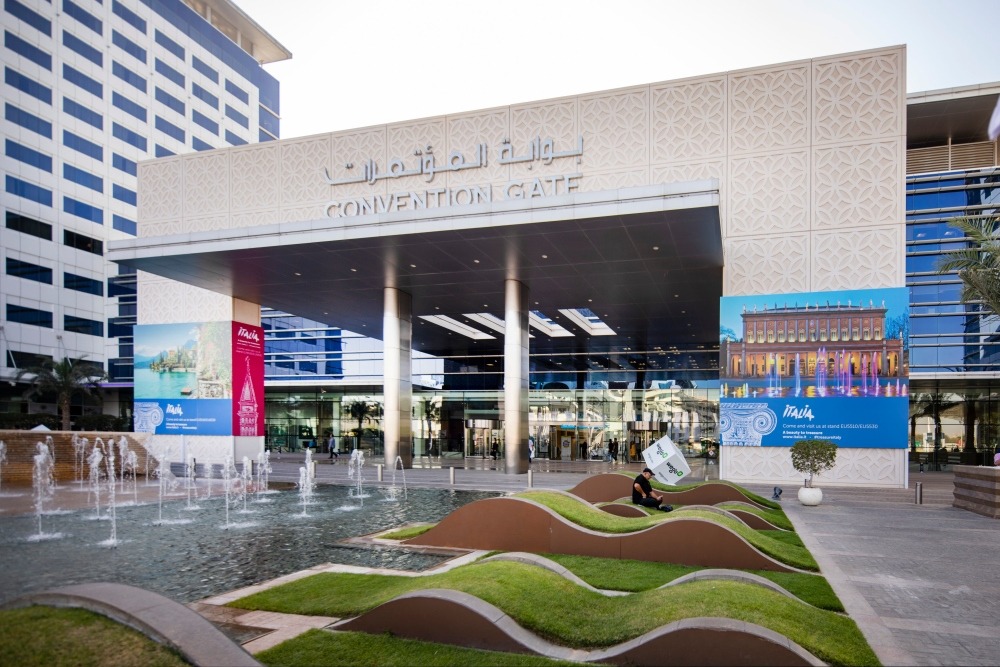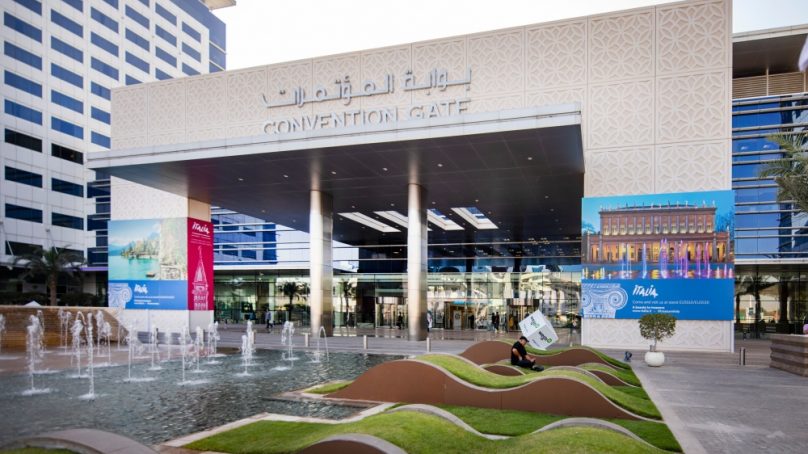 Hotels throughout the Middle East are preparing to capitalize on the pent-up global demand for workations, driven by the social restrictions imposed by governments across the world over the past ten months.
Hotels throughout the Middle East are preparing to capitalize on the pent-up global demand for workations, driven by the social restrictions imposed by governments across the world over the past ten months.
According to research conducted and commissioned by Reed Travel Exhibitions, the organizer of the Arabian Travel Market (ATM), many travel experts are expecting a surge in workations in 2021 and beyond, a trend that was apparent in 2019 but accelerated due to the coronavirus travel restrictions.
Fueling this growth are companies like Facebook, Twitter and Spotify, which have announced that employees can work from home indefinitely, leading many experts to predict that these digital professionals are likely to work remotely while still connecting safely and securely with their physical offices.
With over 50 percent of the world’s working population fulfilling their job functions from home and the rise of entrepreneurial digital nomads, who prefer to work remotely, the popularity of workations is only expected to increase.
This will alleviate the boredom of living and working from home, even after the pandemic has finally been eradicated and obviously in the short term, it will provide much needed revenue to not only hotels but the travel trade in general, not to mention government coffers.
To accommodate the needs of the working traveler even further, an increasing number of hotels in the MENA region are offering pop-up co-working spaces with the aim of rethinking and making the most of their hotel space.
In the Maldives, for example, hotels are offering the ultimate “workation packages” where guests can work from a secluded beach house, with personal desks and high-speed WiFi. Some hotels in India have created indoor and outdoor common areas that function as work-friendly spaces; many others have opted for dedicated spaces poolside that comprise a table, chair and parasol, WiFi and power socket, as well as the ubiquitous sun lounger.
Now in its 28th year and working in collaboration with DWTC and Dubai’s Department of Tourism and Commerce Marketing (DTCM), the ATM’s theme will be “A new dawn for travel and tourism” and the spotlight will be cast onto the current state of the industry and, more importantly, what the future holds. It will also look at the emerging trends and how innovation can drive the industry forward.
ATM 2021 will also play an integral role in Arabian Travel Week and, for the first time, will make use of a hybrid format. This means an additional virtual ATM will be organized to run the following week, which will complement the live event by accommodating visitors who may be unable to travel to Dubai. The inaugural ATM Virtual 2020 attracted 12,000 online attendees from 140 countries over three days.















